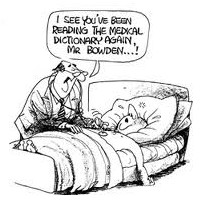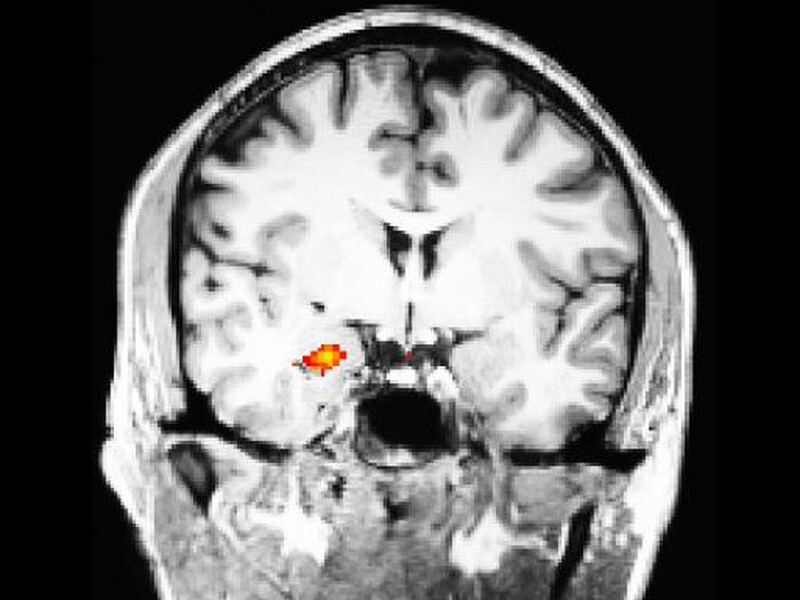
There's currently no cure for DiGeorge syndrome. Treatment and support for DiGeorge syndrome


It is not a result of anything you did before or during the pregnancy. This can happen by chance when sperm and eggs are made. In about 9 in 10 cases (90%), the bit of DNA was missing from the egg or sperm that led to the pregnancy. This is where a small piece of genetic material is missing from a person's DNA. mental health problems – adults are more likely to have problems such as schizophrenia and anxiety disordersĭiGeorge syndrome is caused by a problem called 22q11 deletion.

short stature – children and adults may be shorter than average.bone, muscle and joint problems – including leg pains that keep coming back, an unusually curved spine (scoliosis) and rheumatoid arthritis.a higher risk of getting infections – such as ear infections, oral thrush and chest infections – because the immune system (the body's natural defence against illness) is weaker than normal.hormone problems – underdeveloped parathyroid glands produce too little parathyroid hormone (hypoparathyroidism), which can lead to problems such as shaking (tremors) and seizures (fits).heart problems – some children and adults have heart defects from birth (congenital heart disease).mouth and feeding problems – including a gap in the top of the mouth or lip (cleft lip or palate), difficulty feeding and sometimes bringing food back up through the nose.speech and hearing problems – including temporary hearing loss due to frequent ear infections, being slow to start talking and having a "nasal-sounding" voice.learning and behaviour problems – including delays in learning to walk or talk, learning disabilities and problems such as attention deficit hyperactivity disorder (ADHD) or autism.Symptoms of DiGeorge syndromeĭiGeorge syndrome can cause a range of problems, but most people will not have all of these. It's often diagnosed soon after birth with a blood test to check for the genetic fault.

It is not usually passed on to a child by their parents, but it is in a few cases. Some children can be severely ill and very occasionally may die from it, but many others may grow up without realising they have it.ĭiGeorge syndrome is caused by a problem with a person's genes, called 22q11 deletion. DiGeorge syndrome is a condition present from birth that can cause a range of lifelong problems, including heart defects and learning difficulties.


 0 kommentar(er)
0 kommentar(er)
